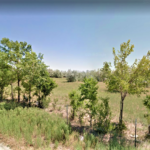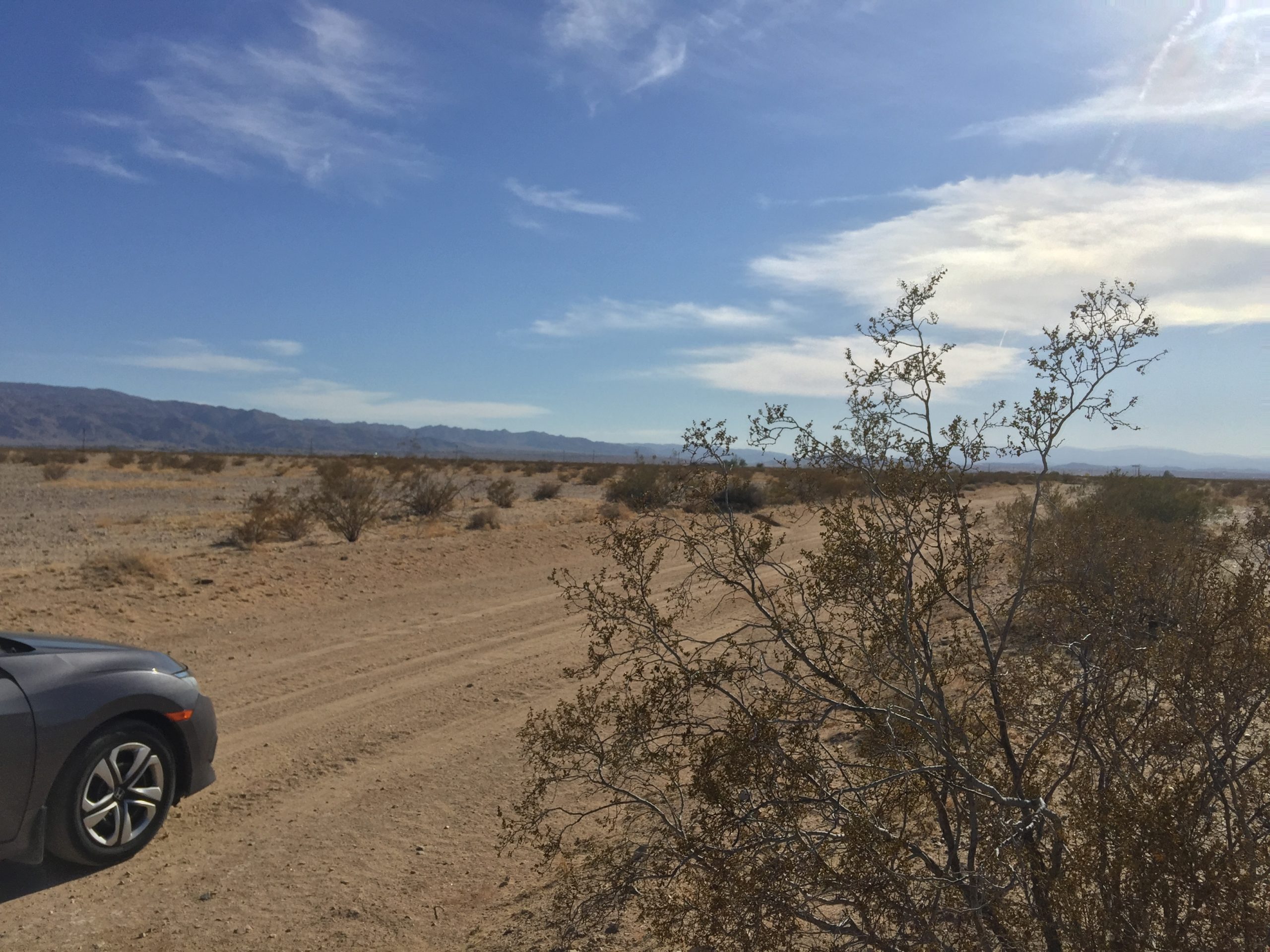FAQ
No Return Agreement
Dear,
Thank you for purchasing real estate through RuralVacantLand.com and its affiliated companies. Due to the complex nature of real estate transactions we are no longer offering refunds, returns or exchanges. Too many people are buying land and trying to resell it for more, then refunding the ones that they were not immediately able to resell for more. Traditional real estate transaction costs are thousands of dollars to trade and many times tens of thousands of dollars. We have been refunding everyone who asks and processing the transactions passing the cost on which is just not fair. It takes too much time and money to offer refunds in real estate transactions.
Please do your own due diligence. We will not transfer the deed over to you until you sign this agreement of understanding that we will not refund you.
Popular reasons people ask for refunds. Financial hardship, access, neighbors, noise, smell, weather, family hardship, regulations, fees, cost, animal restrictions, access to food, access to jobs, access to water, access to utilities, utility capacity, septic concerns, rocks, sand, bushes, trees, swamps, streams, rainwater, flood zone, squatters, size, topography, view, drugs, schools, HOA anything and everything, churches, market prices, easements, trash, airport, taxes, able to subdivide, public transportation, rule or regulation changes, name, title, unknown liens, acts of god and the list goes on and on.
Please know that you are buying real estate and whatever is attached to it. 99% of the time we have not seen it. We have not visited it. We might have pictures of it and heard stories about it but we don’t know the real estate well enough to cover all the reasons people ask for refunds. Your choice to purchase this real estate is up to you and once we deed it over to you we will not refund you for it.
This real estate is sold to you as-is. Please go look at it and answer all your worries now if you have not already. This is the entire agreement and supersedes any and all oral written and video agreements. Purchaser acknowledges they are of legal age to enter into this contract and understands they are buying this real estate as-is.
We will not insure against loss or damage resulting from the terms and provisions of any lease or easement known or unknown:
GENERAL EXCEPTIONS
- Rights or claims of parties in possession, or claiming possession, not shown by the public records.
- Any encroachment, encumbrance, violation, variation, or adverse circumstance affecting the Title that would be disclosed by an accurate and complete land survey of the Land.
- Easements, prescriptive rights, rights-of-way, liens or encumbrances, or claims thereof, not shown by the Public Records.
- Any lien, or right to a lien, for contributions to employee benefit funds, or for state workers’ compensation, or for services, labor, or material heretofore or hereafter furnished, all as imposed by law, and not shown by the Public Records.
- Taxes or special assessments which are not yet payable or which are not shown as existing liens by the Public Records.
- Any lien for service, installation, connection, maintenance, tap, capacity, or construction or similar charges for sewer, water, electricity, natural gas or other utilities, or for garbage collection and disposal not shown by the Public Records.
- Unpatented mining claims, all rights relating thereto.
- Reservations and exceptions in United States Patents or in Acts authorizing the issuance thereof.
- Indian tribal codes or regulations, Indian treaty or aboriginal rights, including easements or equitable servitudes.
- Water rights, claims or title to water.
- Any defect, lien, encumbrance, adverse claim, or other matter that appears for the first time in the Public Records or is created, attaches, or is disclosed after purchase.
How do I look up Acreage?
https://youtu.be/fXg0GLaFits
When buying land and building your house, how do the taxes work?
The land has a “value” or rank that is given by the county assessor. The assessor ranks all land in the county. For example vacant land is ranked lower than a property with a luxury house on it. In other words, as you improve your land it should get ranked higher and that ranking or value is taxed. The treasurer has tax to collect in order to run the county. The tax is divided up over the value of all the land in the county. Your tax bill is based on what the assessor valued/ranked your land.
How do I get water to my homestead?
What is air Crete?
How do I finance vacant land?
How do I do off grid Solar energy DIY style?
Check this youtube channel out:
https://www.youtube.com/channel/UCcMfCkN1juSa49DJFYltOTw the guy builds batteries out of really cheap components he buys off ebay and places like there. I have been binge watching his projects and thinking I should cut the cord to my house using his techniques. His info could really help you buy land in the middle of nowhere and use it.
What is the size of the property?
We try to get the size of the property in acres posted in the listings. These numbers are coming from databases usually based on county records and believed to be accurate. Sometimes they are off. Sometimes they misplace a decimal and are way off. Other numbers come from formulas programs use to figure out the property sizes based on county data. To be really sure where the property lines are and the actual size of the property please hire a licensed surveyor to show and tell you what they figure out. It might be a good idea to check with the local building codes to see if and when you need a survey to get permits and what that survey needs to include. The local building code office may provide a list of the local licensed surveyors to choose from. Another way to find one especially out in the middle of nowhere is to call the county and ask for the county surveyor. Lots of these rural counties the guy might only be in the office one day a week but if you can get him on the phone he will usually tell you about which surveyors are active in the area. They know the land markers and usually have the field notes to go off of. When it comes down to it real estate is transferred by legal description. Its not transferred by acres or GPS coordinates or maps(unless the surveyor is drawing them to very specific guidelines). We use GPS to help you find the land, we use maps to help show you what we think it looks like and lays out like on the land. The actual legal description of the land is what transfers the land. The legal description is a written description of the land. There are a couple different styles. Some go off of the public land survey system and some are from this rock to that hill style descriptions. We copy that legal description from the old deeds transferring the land to whomever we bought it from and every owner before them did the same thing since the property was first drawn up and sold or split off of a bigger one. The acres, GPS and or maps are not in the deed transferring ownership just the legal description like it has been since the start of private land ownership in America.














